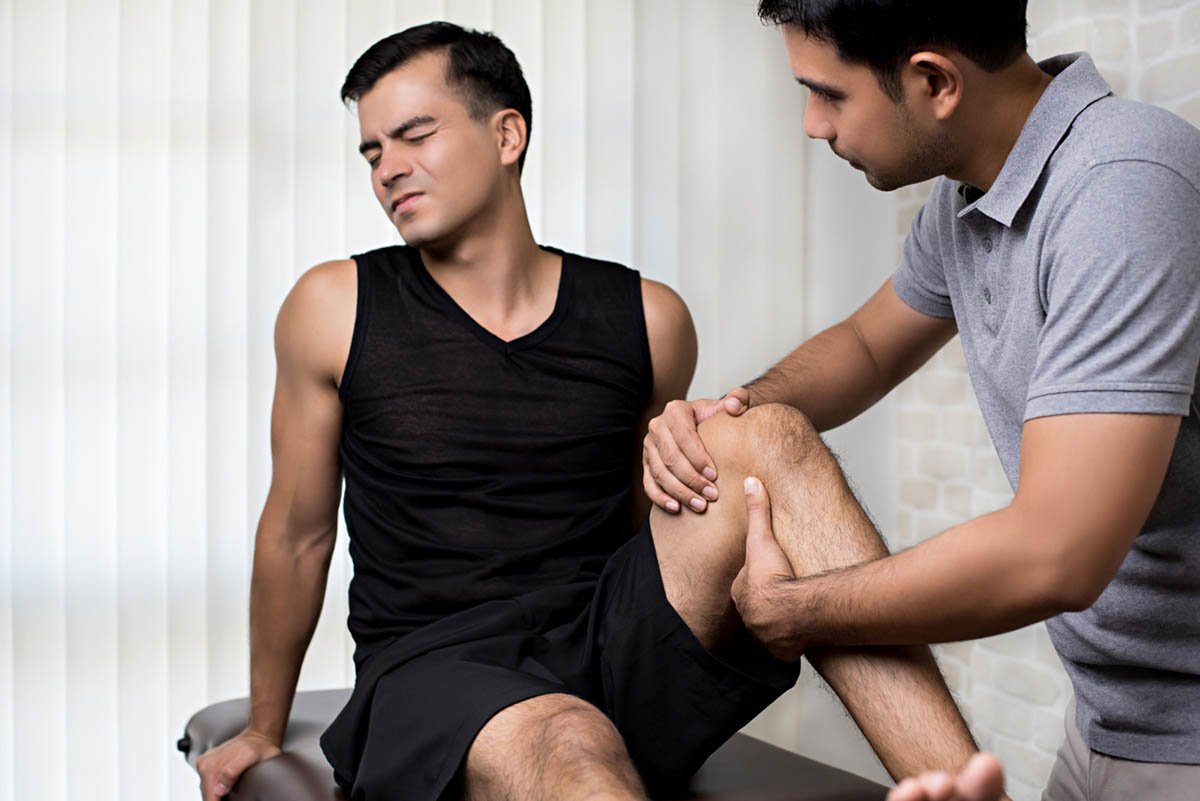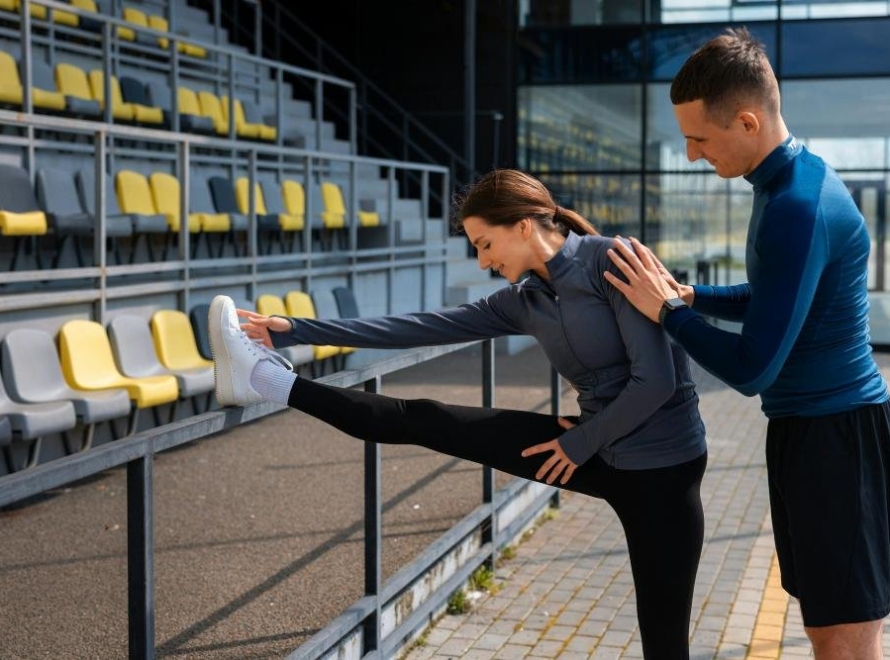Squatting is one of the most fundamental movements in fitness and daily life, yet it’s surrounded by a lot of misconceptions. One of the most common myths? That squatting is bad for your knees. However, the truth is, squatting—when done properly—can actually help build strength, resilience, and prevent knee pain. As physical therapists specializing in orthopedic care at Functional Phyzio in Durham, we’re here to clear up the confusion and provide insight into why squatting is not only safe but beneficial for knee health.
Squatting Builds Knee Strength and Resilience
At its core, squatting is a natural movement that strengthens the muscles surrounding the knee, such as the quadriceps, hamstrings, and glutes. These muscles are essential for supporting the knee joint, distributing forces, and maintaining joint integrity. With consistent, proper squatting, you can improve the overall stability of your knees, which helps protect against injuries and knee pain.
In fact, if you’re dealing with knee pain, squats—when guided by a skilled physical therapist—can often be a key part of your rehabilitation. By gradually loading the knee joint through a range of motion, you can enhance your body’s ability to tolerate forces, reducing the risk of future injury.
Squatting and Stance Width: There’s No “One-Size-Fits-All”
One of the biggest misconceptions about squatting is that there’s a “perfect” stance width. In reality, squat stance is highly individualized, and what works for one person may not work for another. Factors like hip anatomy, mobility, and even comfort can dictate how wide or narrow your stance should be.
Some individuals may feel more comfortable and stable with a wider stance, while others prefer a narrower one. Neither is wrong! As orthopedic physical therapists in Durham, we often see people trying to force their bodies into a squat stance that isn’t natural for them, which can lead to compensatory movements and discomfort. Instead of following a cookie-cutter approach, we encourage you to find a stance that allows you to squat with proper form and comfort.
Knees Over Toes: A Safe and Natural Movement
Another common myth is that your knees should never go past your toes during a squat. This outdated belief is not only misleading but can also lead to less effective movement patterns. In fact, allowing your knees to naturally track over your toes is perfectly safe and helps distribute forces across the knees and ankles more evenly.
When you try to force your knees behind your toes during a squat, you actually increase the load on your hips and lower back. This can lead to unnecessary strain in those areas and limit your ability to achieve a full range of motion in the squat. The key is maintaining control and stability through the entire movement, rather than hyper-focusing on the position of your knees.
How Physical Therapy Can Help You Squat Safely
At Functional Phyzio, our orthopedic physical therapists work with individuals in Durham and surrounding areas to help them move better and with confidence. Whether you’re new to squatting or recovering from an injury, we tailor your care to your specific needs. We assess your movement patterns, flexibility, and strength to ensure that you’re squatting with proper form and without discomfort.
Squatting is not just for athletes—it’s a movement we use in everyday life, from sitting down in a chair to picking up groceries. When done correctly, squats are one of the most effective ways to build lower body strength, improve knee health, and enhance your overall physical performance.
Conclusion: Squatting Is Not Bad for Your Knees
The myth that squatting is bad for your knees is just that—a myth. When performed correctly, squats can help you build resilience, prevent injury, and even recover from knee pain. By understanding your individual stance, allowing natural knee movement, and seeking guidance from skilled physical therapists, you can squat safely and effectively for long-term knee health.
If you’re experiencing knee pain or want to improve your squat form, our team at Functional Phyzio is here to help. Contact our experienced orthopedic physical therapists in Durham to get started on your journey toward better movement and stronger knees.




